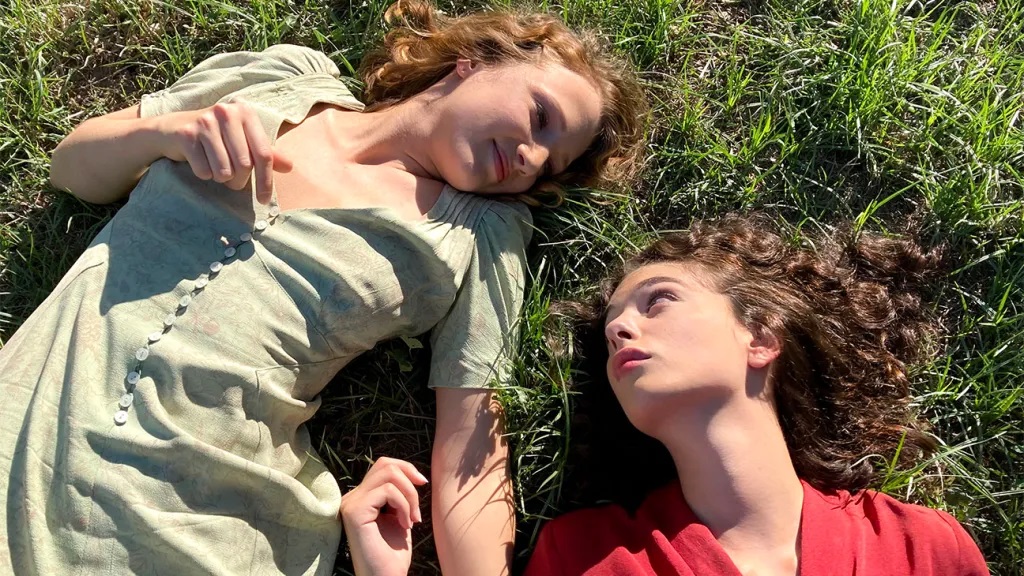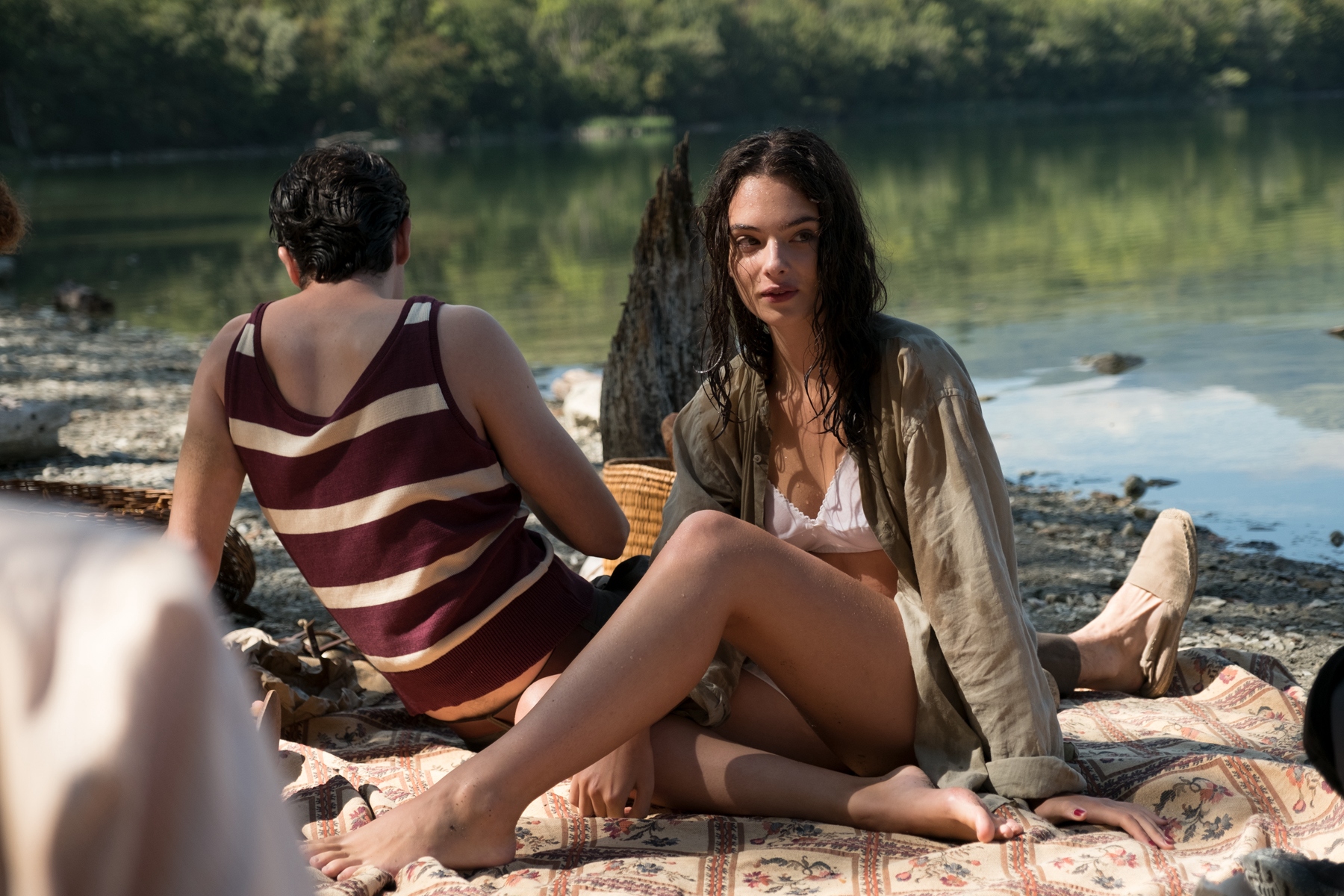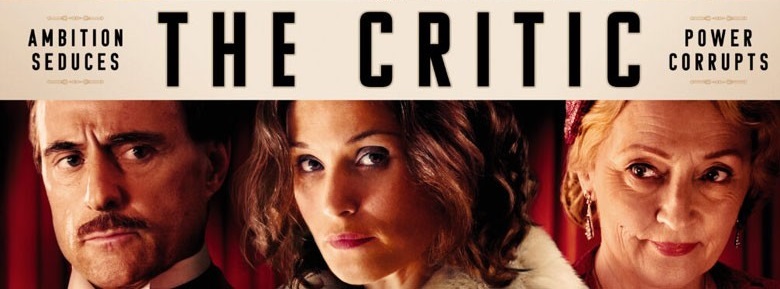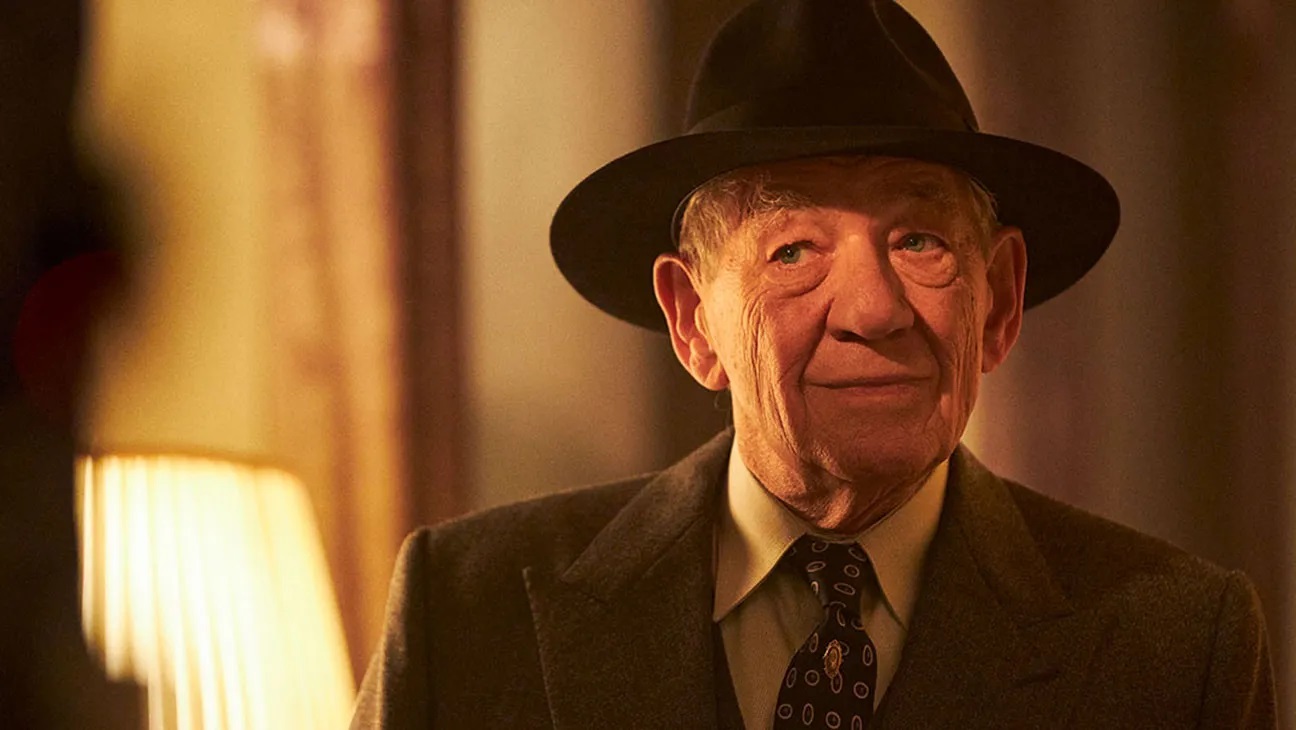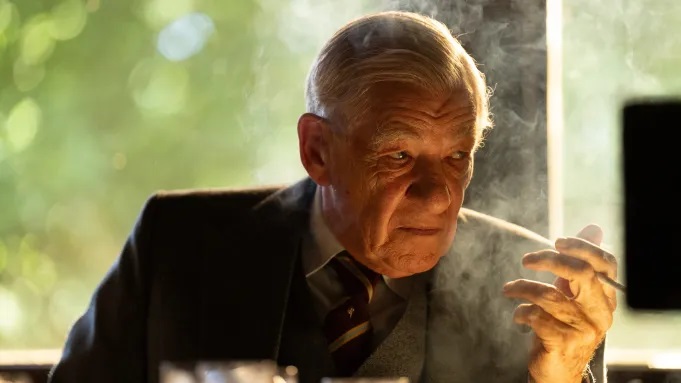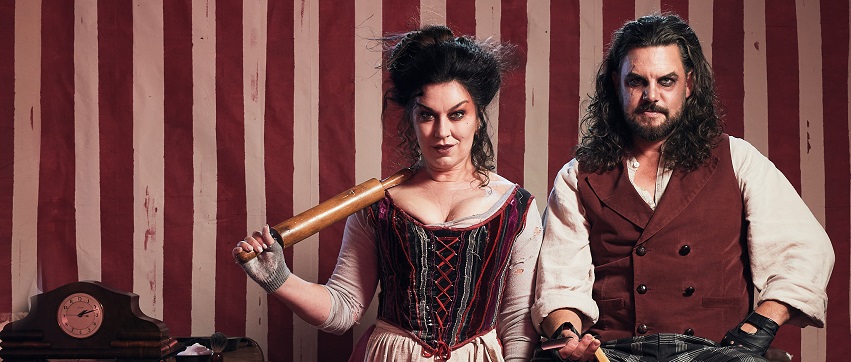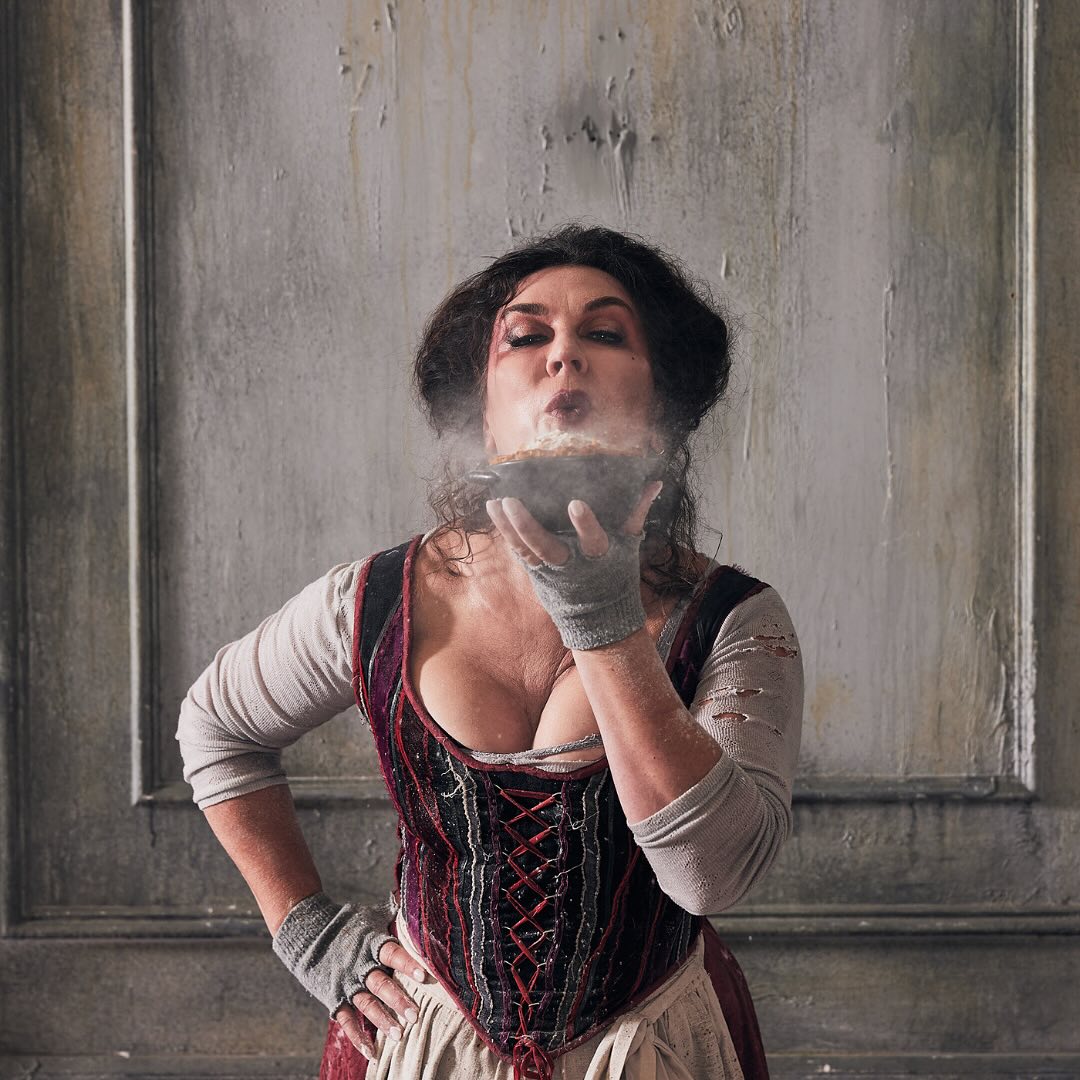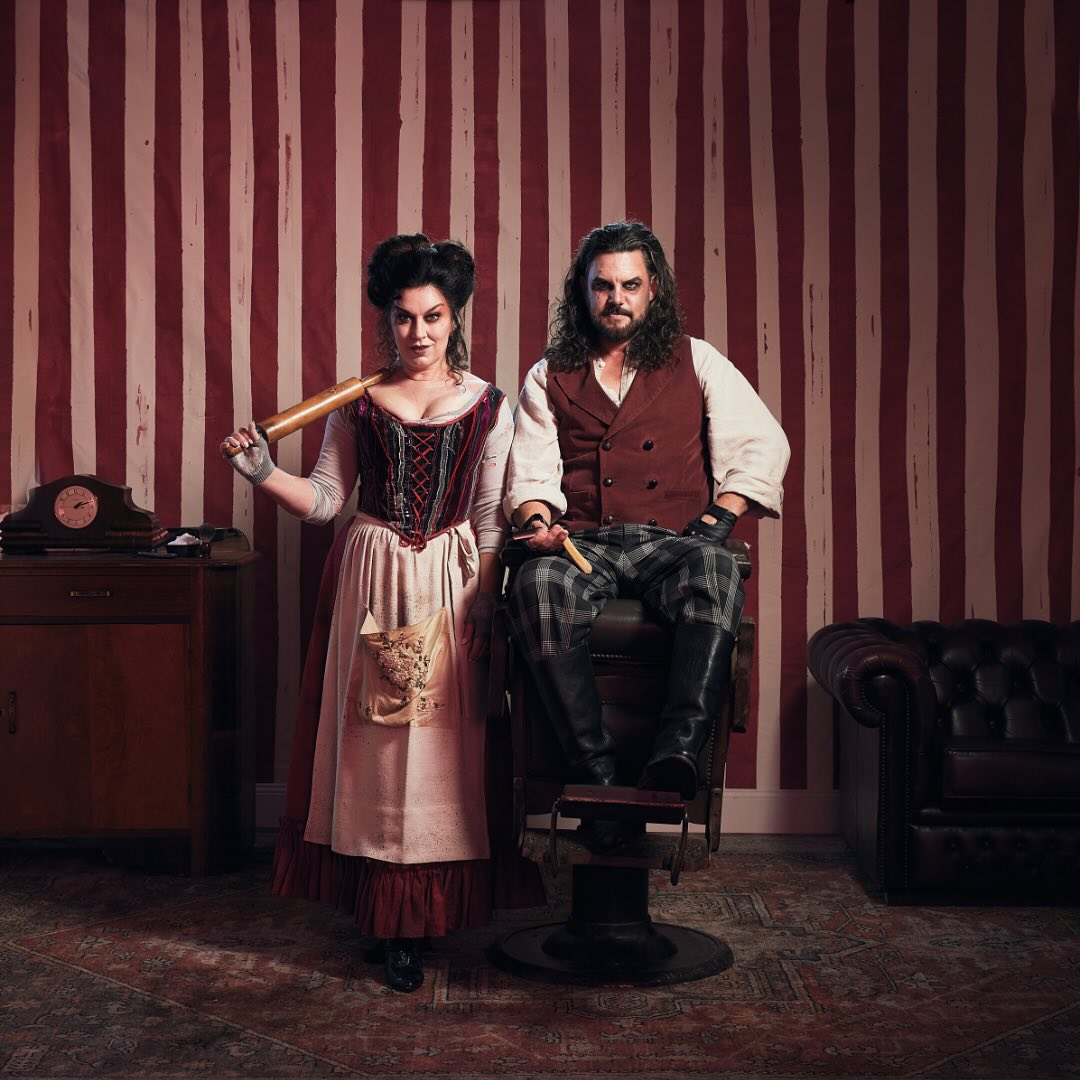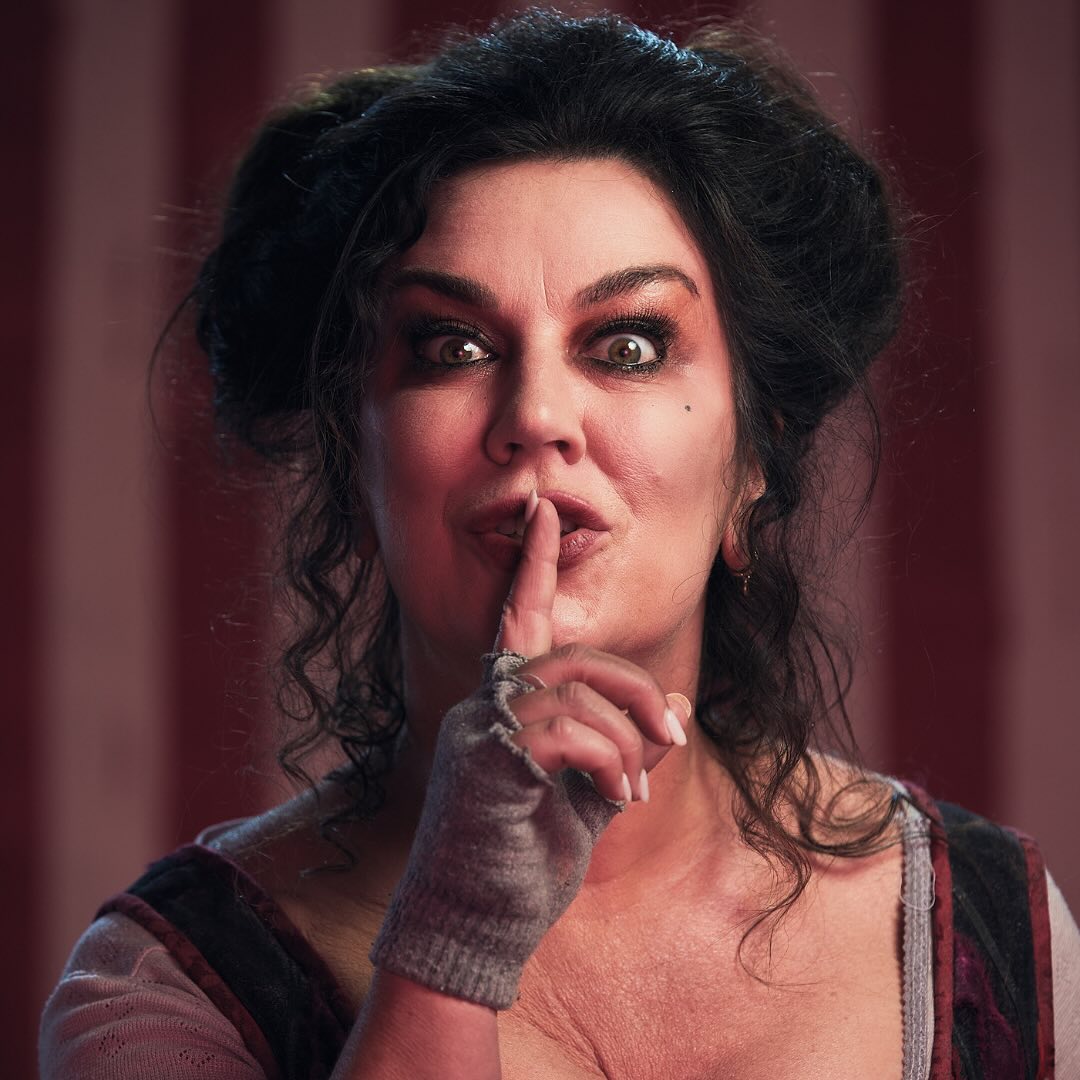Léa Todorov’s directorial debut feature film ‘Maria Montessori’ offers a biopic of the Italian doctor’s journey in revolutionising children’s pedagogy. Maria Montessori transformed societies positioning of children with disabilities, medical conditions, &/or neurodivergence in education, and women in the workforce.
Set at the turn of the 20th century, the film begins in Paris where the esteemed French courtesan Lili d’Alengy (Leïla Bekhti) is confronted by the return of her estranged daughter Tina (Rafaëlle Sonneville-Caby) into her custody.
Lili is ashamed of the disabilities Tina possesses and frightened she will ruin her social standing so she flees to Rome. There she attempts to admit Tina as a boarder to a pedagogical institute that takes in ‘idiot children’ (as they were then referred to). Maria Montessori (Jasmine Trinca) and Guiseppe Montesano (Raffaele Esposito) manage the facility.
Maria accepts Tina into the program, but is unable to offer accommodation, much to Lili’s dismay she must stay based in Rome until a bed becomes available for Tina. Tina makes great academic and locomotive progress at the school, under the caring support and guidance of Maria.
Lili begins to soften her boundaries; a significant turning point of which, is when she plays the piano at the school, and the children delightedly dance along to the music. The music acts as a bridge, that reframes Lili’s perspective of the children’s mental and emotional capabilities, furthermore uniting her with Maria. Maria was initially judgemental of Lili’s abandonment and disavowal of motherhood to Tina, as Lili becomes more involved the two women forge a friendship.
We learn that Maria and Guiseppe are in secret romantic partnership and have a son together, who lives in the care of another woman in the countryside. Maria longs to live with her son Mario (also with disabilities), but she wishes to maintain her autonomy and without marrying Guiseppe he will not claim the child as his own, so the couple are limited to weekend visits to see him. Maria and Lili’s lives’ parallel each other, despite their significant differences.
Both have been estranged mothers in the pursuit of their independence. Lili is shocked to learn Maria doesn’t get paid for her work at the institute and helps Maria pave a path forward to achieve recognition for her pedagogical approach and the ability to grow and transmit the Montessori method.
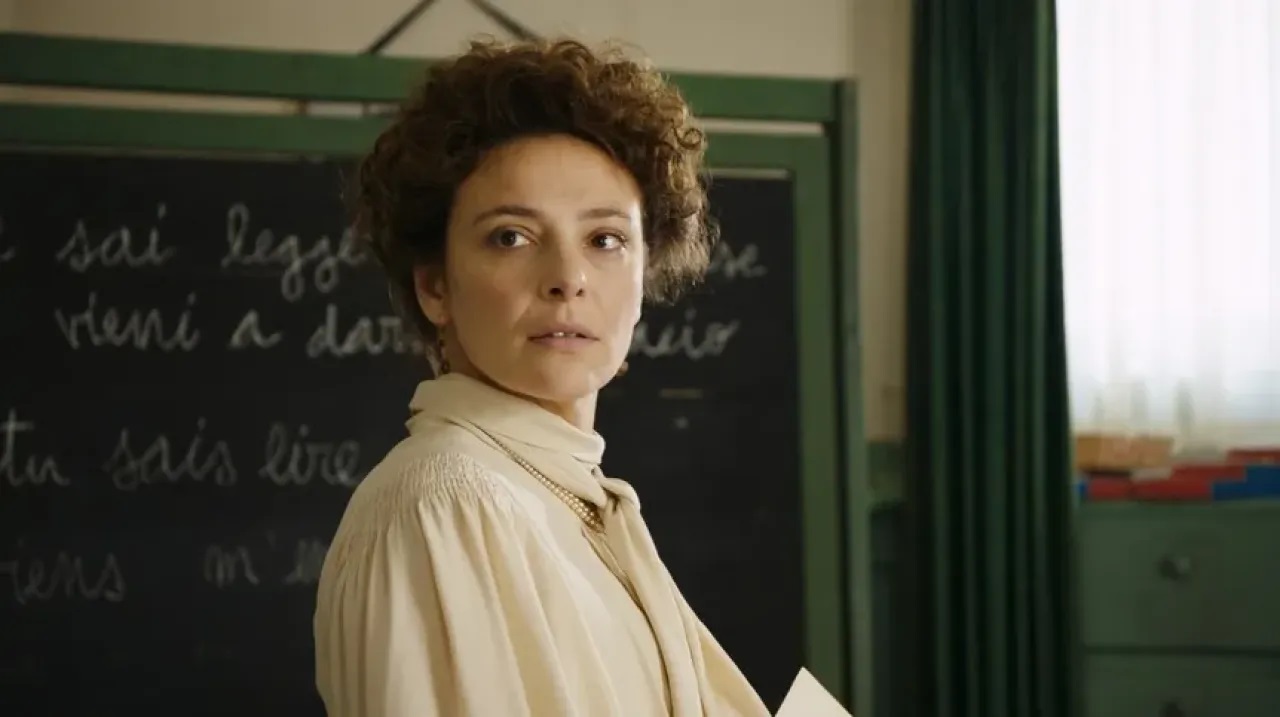
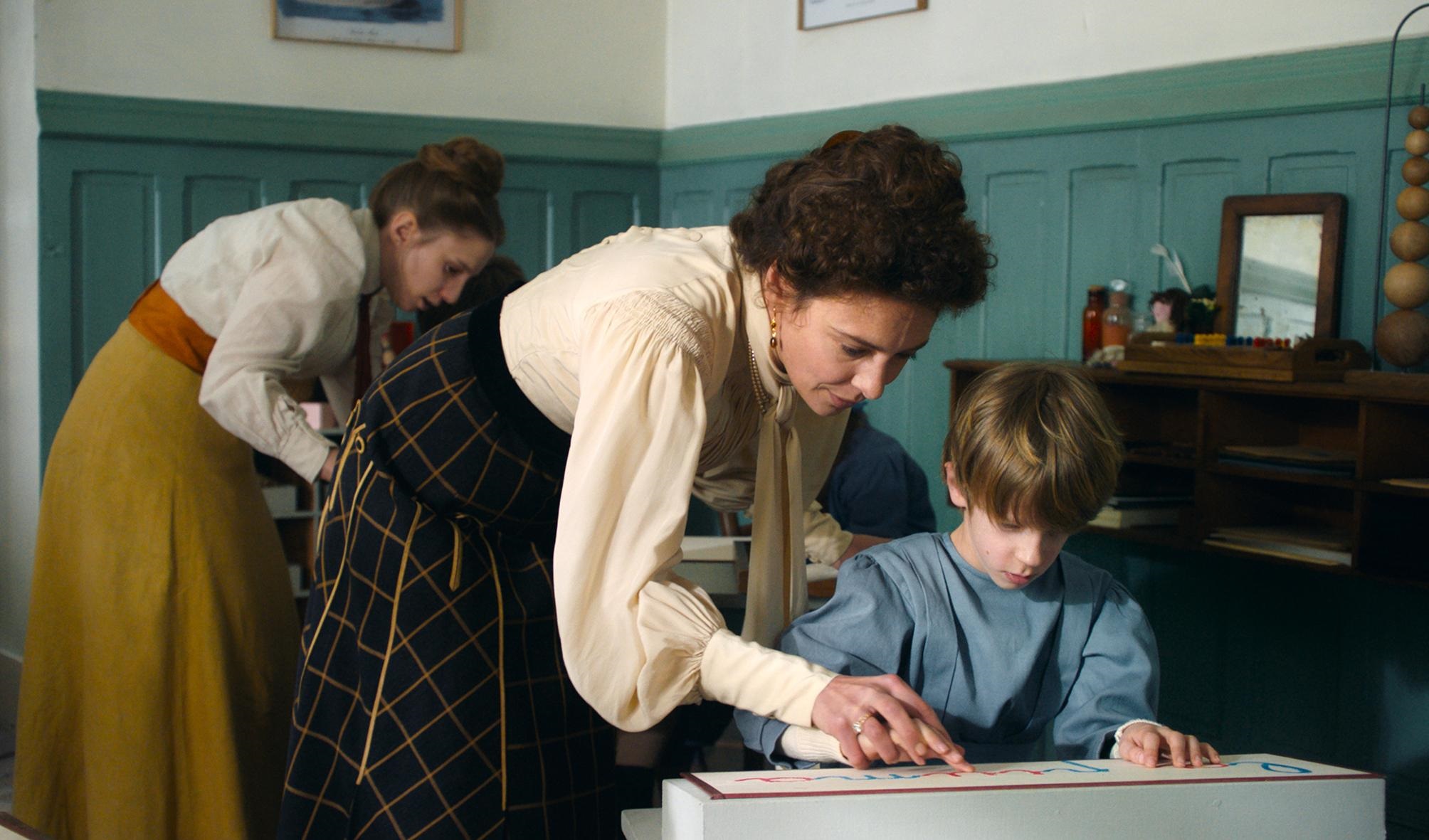
The film offers fantastic subtext on the societal framing and transmission of shame, particularly as it effects nonhomogeneous groups. The casting is fantastic. The youth cast have real life physical and cognitive disabilities. It’s impactful to see the positive representation of people with disabilities being empowered not just through the story’s messaging, but also in its delivery. Rafaëlle Sonneville-Caby’s acting and depiction of her character Tina’s journey is incredibly moving.
Tina has a strong appetite and inclination towards learning. Seemingly non-verbal but with expressive emotional intelligence, receiving praise and love ignite her spark and inner determination. Rafaëlle illuminates Tina’s personality with beautiful authenticity. Several of her scenes were so affecting and poignant I found my emotional-physiological response resounding in fierce protection of her character. The story is one of sisterhood between Maria and Lili, and motherhood of each with their children, moreover motherhood as an approach to education.
Quotations such as “The new pedagogy must acknowledge the sublime art of motherhood” and “An education of love” speak to this and are expanded upon where Maria advocates for women to contribute to the workforce “Motherhood will then become a social model.” I think this idea is powerful and gaining traction in society today, for all it can offer – not just to women, but to everyone.
The story is both inspiring, and a heartbreaking rendering of the complex decisions women were required to make in this time and context. An important cinematic offering from Léa Todorov.
To book tickets to this or other films, click https://italianfilmfestival.com.au/

